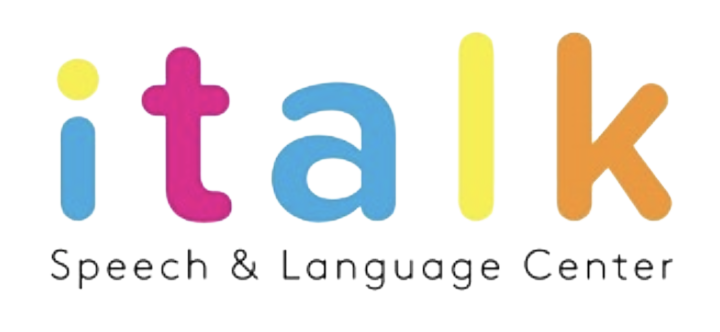
Language Therapy
Our language therapy offers comprehensive support to enhance the individual's language skills, fostering their ability to comprehend, express, and engage effectively in various communication contexts.
-
Acquired language disorders in adults result from issues with language comprehension, expression, or both, after normal development. They can stem from brain injuries, strokes, or neurological conditions. Adults may struggle with word-finding, sentences, and effective communication.
Developmental delays in childhood can also cause adult language disorders. These individuals might face issues with comprehension, vocabulary, and social communication.
-
Individuals with Aphasia
Individuals with Alzheimer’s disease
Individuals with traumatic brain injury
Individuals with autism spectrum disorder
Individuals with developmental delay
-
Language therapy for adults holds significant importance in improving communication and quality of life. Whether resulting from acquired disorders or developmental delays, therapy helps individuals overcome language barriers, enhancing their ability to comprehend, express, and communicate effectively.
The prognosis after acquired language disorder therapy varies based on factors such as the underlying cause, severity, and individual commitment to therapy. While some achieve significant improvement in language abilities, others, particularly those with severe neurological conditions, may experience more limited progress. Nevertheless, early intervention and consistent therapy often lead to meaningful gains, allowing individuals to adapt, use compensatory strategies, and maintain functional communication.
-
We treat language disorders in adults with a comprehensive approach:
Assessment: Thorough evaluation to understand challenges and causes.
Tailored Interventions: Customized therapy plans addressing comprehension, expression, and communication difficulties.
Cognitive Exercises: Activities to enhance memory, attention, and problem-solving skills supporting language development.
Communication Strategies: Practical techniques for effective interaction in daily life.
Emotional Support: Providing guidance and strategies to cope with emotional aspects after an acquired language disorder.
Home Exercises: Activities to reinforce therapy progress consistently.
Support Network: Involving family and caregivers to create a conducive environment for practicing language skills.
Progress Monitoring: Regular assessments to track improvements and adjust therapy as needed.
